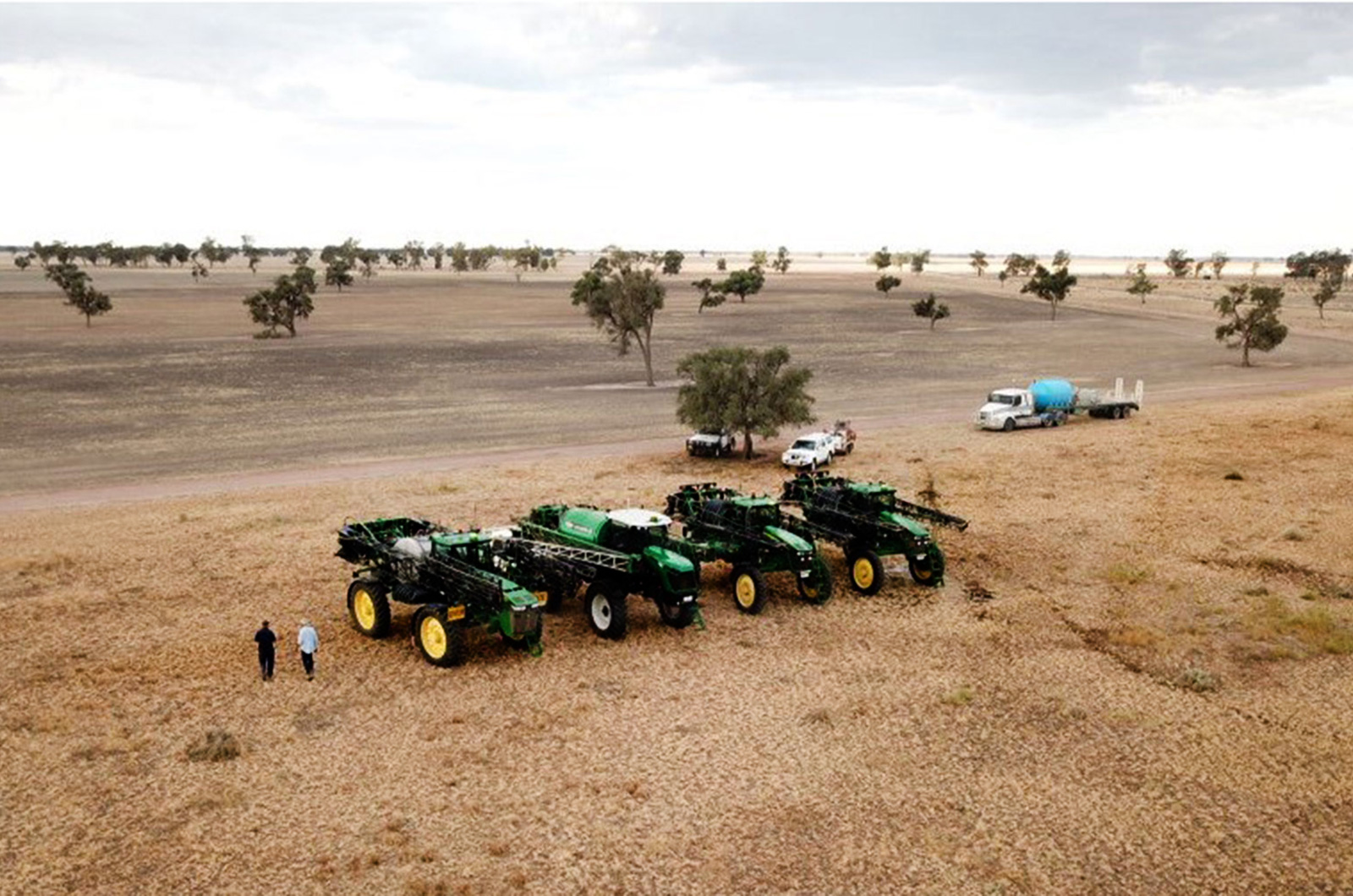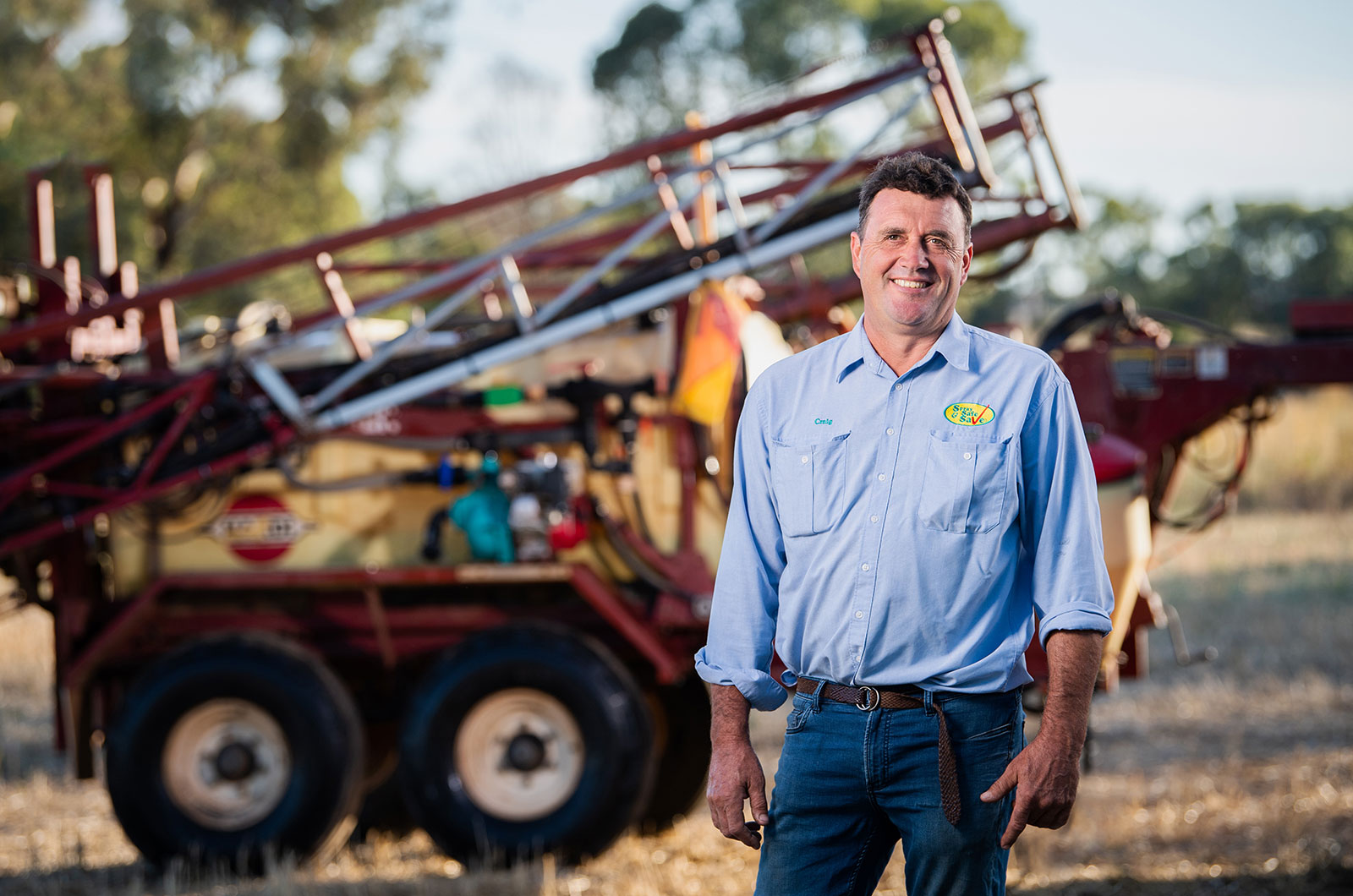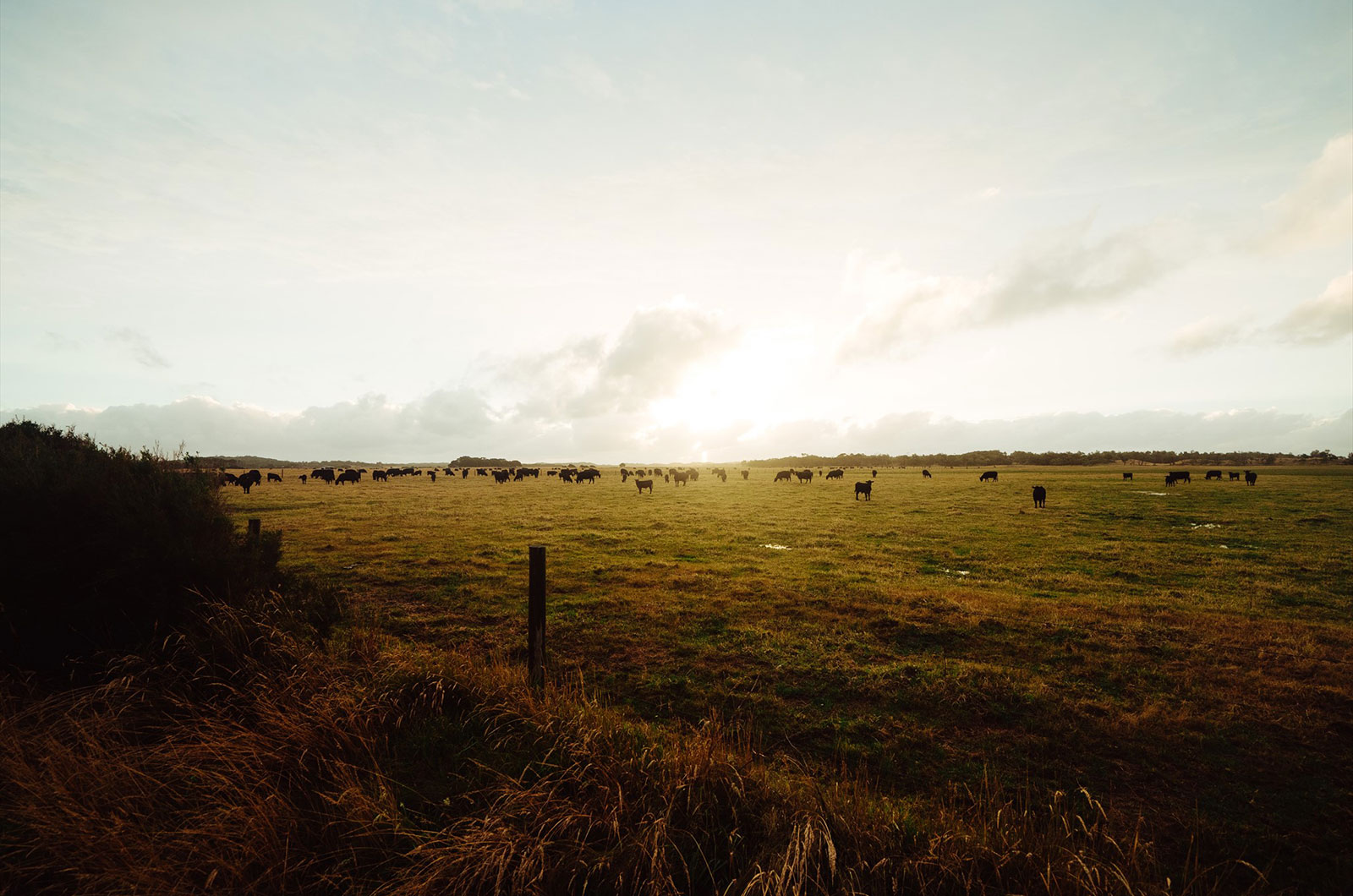 Type: Short course
Units: 3
Type: Short course
Units: 3
Corporate governance
We invest our time and energy in industry and community boards because we want to see them functioning well. This training will help you achieve this goal!
The Energy Efficiency Audit course is designed to step you through the process of reviewing and analysing the energy use on a farm, including electricity, Diesel, Gas and Petrol.
Working through this course you will identify all of the vehicles, equipment and buildings on the farm which use energy and compare the theoretical with actual consumption. The course uses an online Energy Audit System which allows you to enter all of your farm data and then compare the cost of all energy use by converting all sources of energy to megajoules.
| Course duration: | Self-paced |
| Start date: | Enrol anytime |
| Number of units: | 1 |
| Indicative fees: | $550 (Nil to eligible participants) |
| Accredited Course: | Yes |

The process of carrying out an energy audit will give you an understanding of the different types of energy used on the farm, their relative efficiency and cost. On completion of this course, you will have a good understanding of energy use on a farm, identified opportunities for efficiency improvements and will be able to further research options for improvements.
$550.00
This course is fully online and self-paced
Online self-paced course delivery. Participants must have access to a farm to carry out a site inspection and access to energy and fuel bills.
There are no entry requirements for this course.
This course is mapped to the following national unit of competency:
This an Elective Unit of Competency from the AHC50122 - Diploma of Agriculture.
 Type: Short course
Units: 3
Type: Short course
Units: 3
Corporate governance
We invest our time and energy in industry and community boards because we want to see them functioning well. This training will help you achieve this goal!
 Type: Short course
Units: 4
Type: Short course
Units: 4
Advanced Spray Application - Level 3
Accredited training delivered in partnership with Craig Day of Spray Safe & Save to experienced NSW based growers, advisors, employees and spray contractors involved in grains and/or cotton production.
 Type: Short course
Units: 2
Type: Short course
Units: 2
Managing Spray Application for Agronomists – Level 4
This Level IV Managing Spray accredited training is designed for agronomists/ advisors with a strong interest in broadacre spray planning, setup and application who could specialise in this field for the benefit of their agribusiness.
 Type: Online
Units: Non-accredited
Type: Online
Units: Non-accredited
Introduction to weather and climate
Weather and climate play a significant role in determining agricultural potential and productivity. They influence not only how much water is available for plant growth, livestock consumption, and other on-farm activities but also the levels of wind, heat, and sunlight experienced, which also have a significant influence on production.
 Type: Online
Units: 1
Type: Online
Units: 1
AHCAGB518 Develop climate risk management strategies
One of the biggest on-farm challenges is managing climate and weather-related risks. An understanding of what drives our climate and current climate models is an essential part of agribusiness management.
 Type: Online
Units: 6
Type: Online
Units: 6
GROW - Generating Regionally Outstanding Women
A professional development program for women in the NSW farming businesses.
Want to find out about news, events, courses and publications?